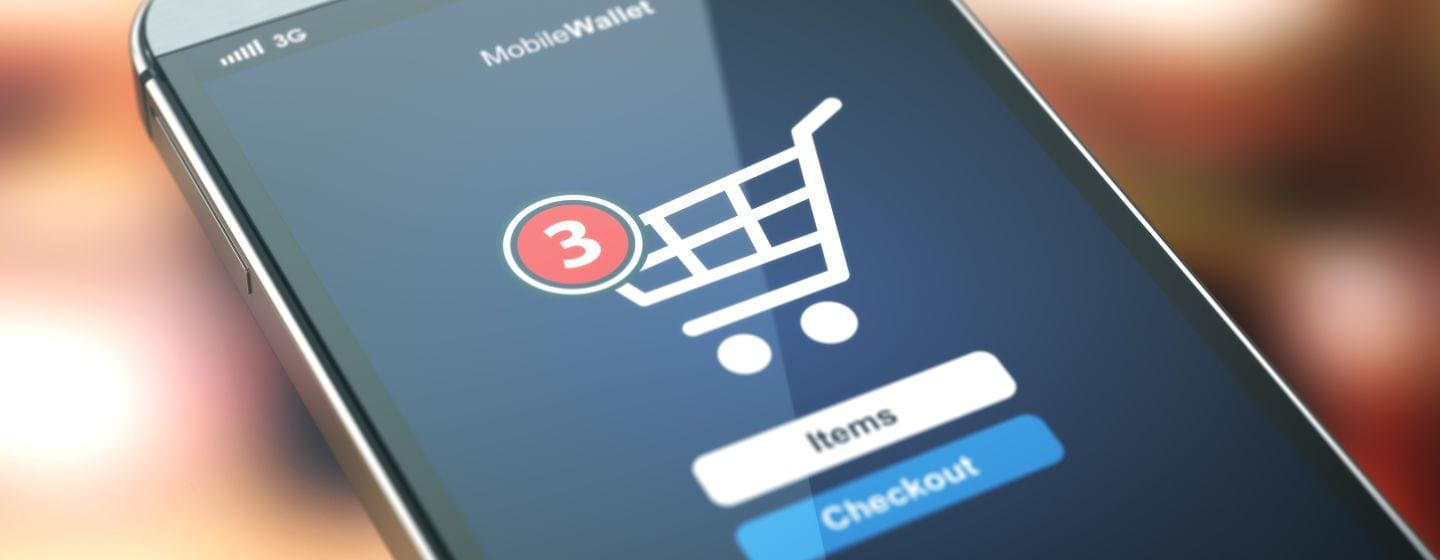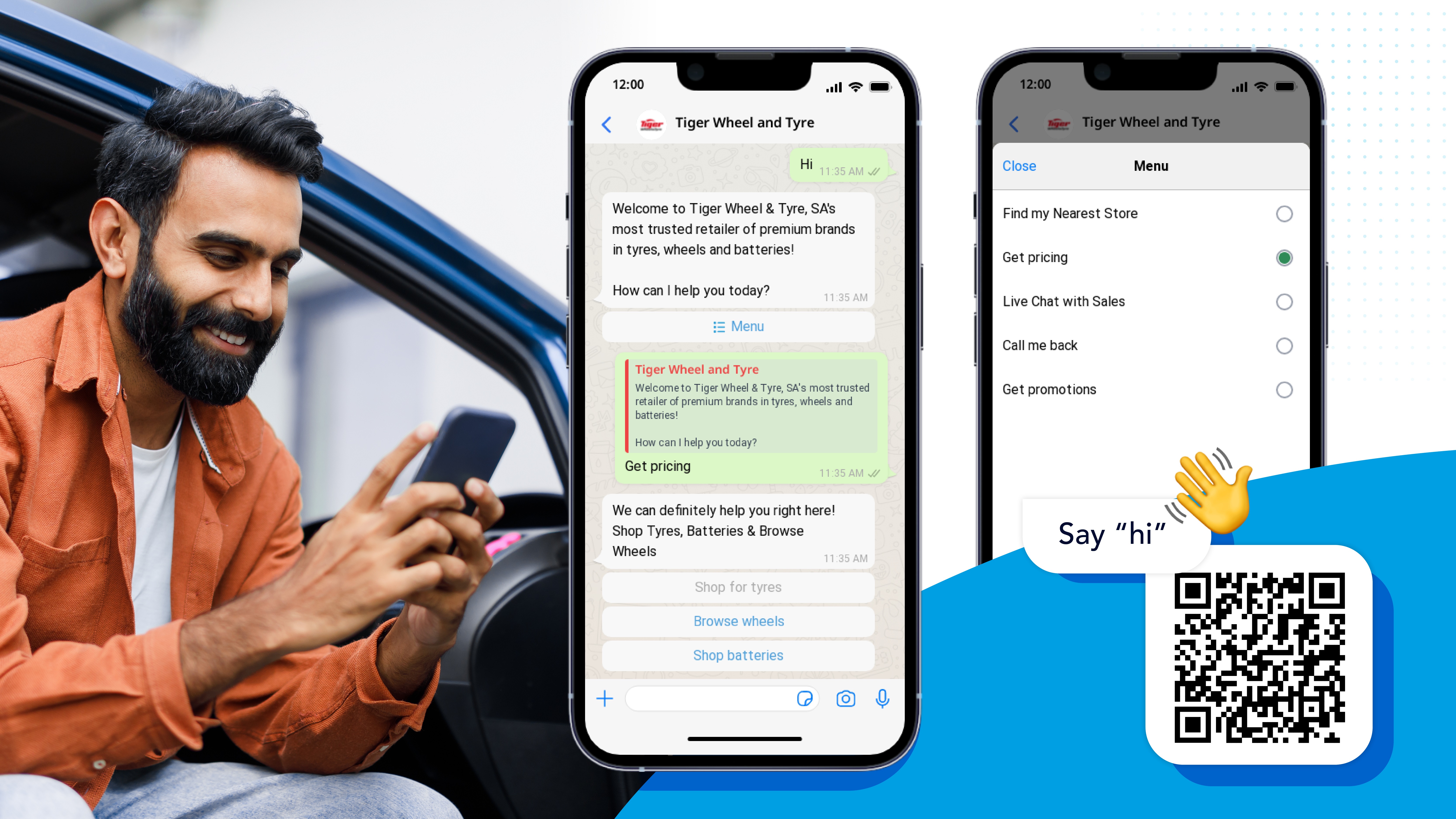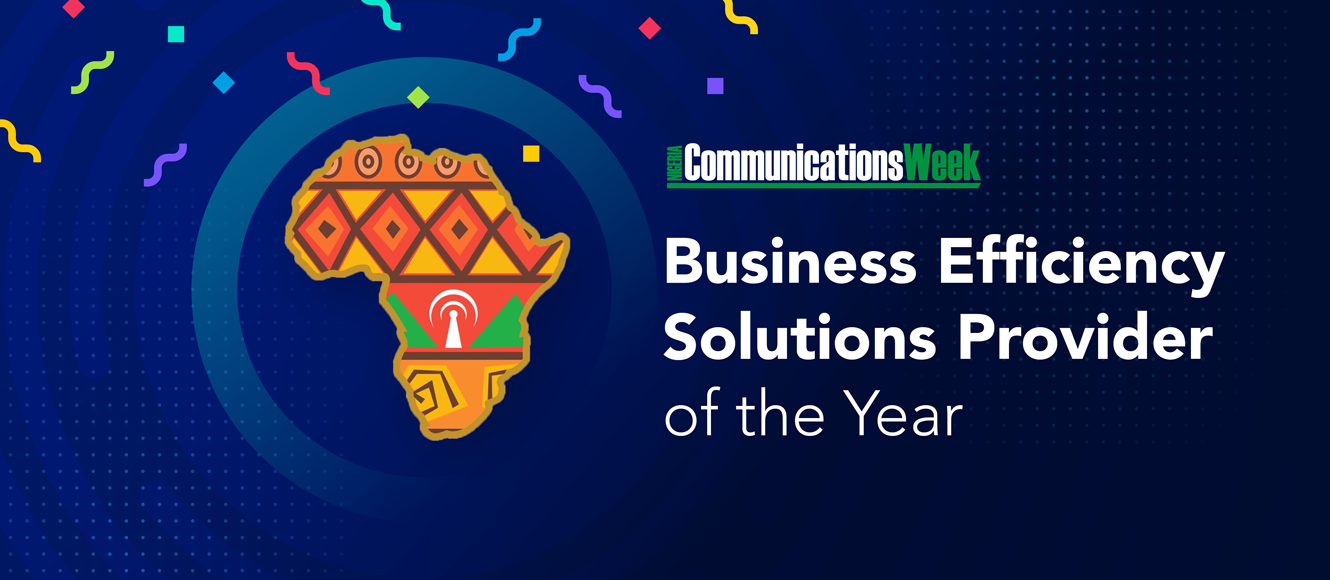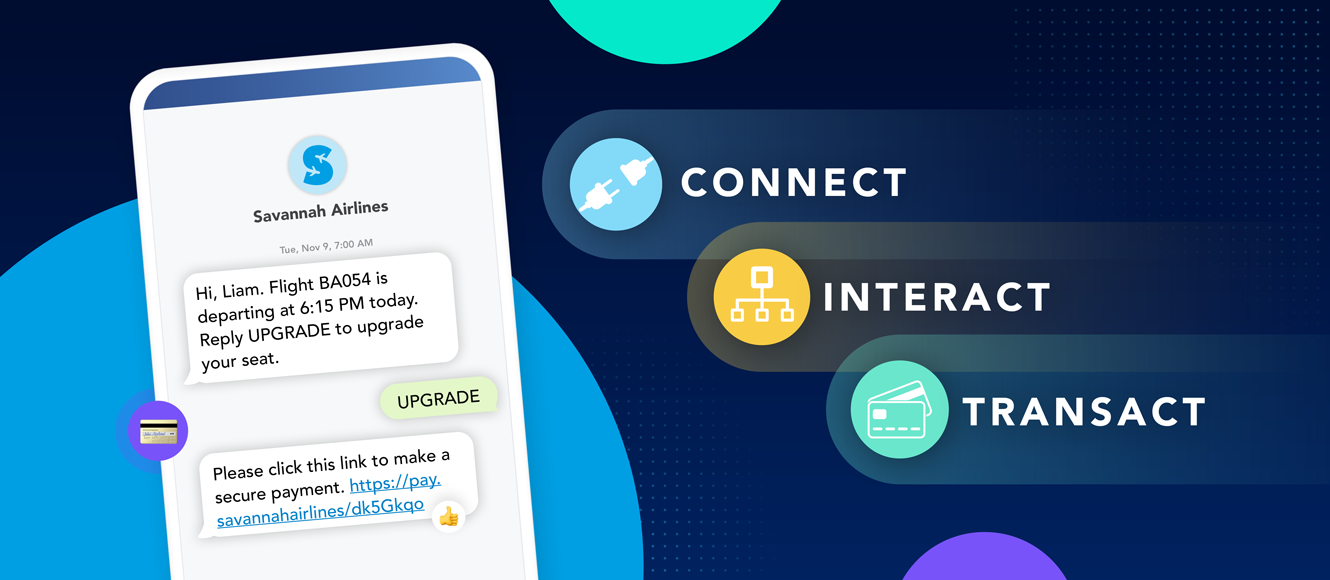
Cape Town, South Africa - Yes, Mr Grove knows a thing or two about protecting a monopolistic position. Well, paranoia is probably what our Telecoms sector is experiencing as the 'revenue grab' continues with operators trying to sustain rocketing growth rates. Take this 'new' business channel called premium-rated SMS and short codes. It is a business model enabling third parties to utilise the mobile operator's billing relationship with its subscriber, allowing them to bill for goods, or more often 'content' (the preferred term, seeing that there are no banking licenses issued currently).
This initiative from predominantly GSM operators around the world has created a whole new business opportunity for media owners and campaigners, as one of the holy grails sought by virtual retailers - 'micro billing' - became a reality. By publishing a short code (5 digit number) and its rate, any third party can collect money from the consumer. An SMS sent in such a campaign will be billed to the subscriber's phone. For example, should you wish to purchase a mobile game you merely send an SMS to a specified premium-rated number and the game will be delivered to your handset. Back to the paranoia argument: While Visa and Mastercard charge approximately 5% for handling a transaction, premium rate billing offered by mobile operators costs the campaigning party as much as 35%.
This high cost is apparently justified because the network operator assists with the distribution function. In fact the model is called 'revenue share'. Mobile operators have taken great strides in making telephony available to the masses, but are stifling future growth with unsustainably high pricing models - and overhanging credit terms. For example, the revenue from a premium SMS campaign is paid out to the initiating party between 60 and 90 days after the campaign compared to 'immediately' by the likes of Visa and Mastercard. Meantime, the campaigner has incurred upfront costs to market and promote the offering. Another link in this value chain is of course the service provider (VAS or WASP), who also takes its share of revenue before passing it on to the campaigner.
A service provider will typically charge the campaigner up to 10% of the band charge of the SMS, which again is hard to justify, as the function of switching a message should not get more expensive as the price of the band increases. Mobile operators and their service providers should embrace this great opportunity to facilitate communication and trade in the mobile environment. Fees should be charged in line with the service they render, not by the retail value. By exploiting the relationship, the whole industry pays a hefty price in lost growth opportunities. Are we as telecoms sector players doing enough to break down the barriers, and is there a true competitive spirit in the sector? "I don't know." says Pieter de Villiers, Managing Director at Clickatell. "But I do know that technology is continuing to reduce the cost of communications and billing. It is up to us to use these new channels with reduced costs to grow innovative business models - not cramp them." "On that subject of paranoia: I think I like better that bumper sticker I read the other day: 'Just because you are paranoid it doesn't mean we are not going to get you."
About Clickatell
We create a better world through technology, making commerce in chat accessible for everyone, everywhere. Consumers can now connect with brands to find goods and services, make purchases, track orders, and resolve issues with a simple text or chat. No need for cash, phone calls, in-person interactions, or apps. Founded in 2000 with now over 10,000 customers, Clickatell is powering the digital commerce transformation. Clickatell is headquartered in Silicon Valley, CA and has offices in Canada, South Africa, and Nigeria (www.clickatell.com).
Latest Press Releases
Step into the future of business messaging.
SMS and two-way channels, automation, call center integration, payments - do it all with Clickatell's Chat Commerce platform.







